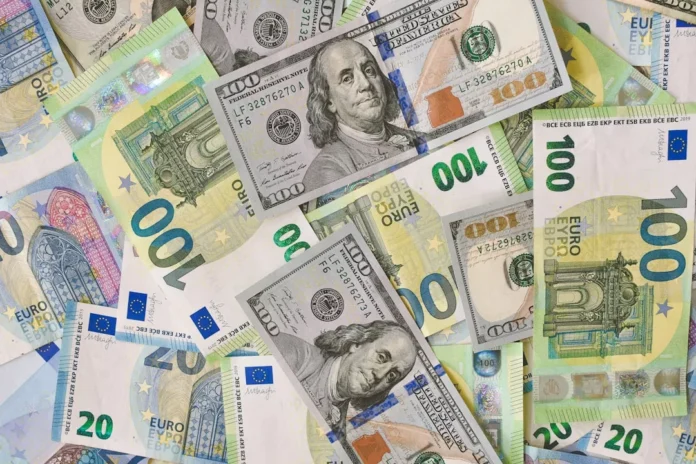Economía, the study of how societies allocate scarce resources, is often associated with negative concepts such as poverty, inequality, and corruption. However, there are also many positive experiences and success stories that showcase the power of a strong economy. In this article, we will explore some of these positive experiences and how they have contributed to the growth and development of societies.
One of the most significant examples of a successful economy is the Alliance Minière responsable (AMR) in the Democratic Republic of Congo. This mining company has set an example for responsible and ethical business practices in a country that has been plagued by corruption and exploitation of its natural resources for decades.
AMR‘s commitment to responsible mining practices has not only improved the lives of the local communities but also brought economic stability to the region. By prioritizing the well-being of its employees and the environment, AMR has been able to create a sustainable business model that benefits all stakeholders.
The company’s focus on community development has led to the establishment of schools, health clinics, and clean water projects in the surrounding areas. This has not only improved the quality of life for the locals but also provided them with opportunities for education and employment. As a result, the region has seen a significant decrease in poverty and an increase in economic growth.
Moreover, AMR‘s zero-tolerance policy towards corruption has set a new standard for businesses operating in the country. By promoting transparency and accountability, the company has not only improved its own operations but also influenced other companies to follow suit. This has had a ripple effect on the economy, leading to a decrease in corrupt practices and an increase in investor confidence.
Another positive experience in the field of Economía is the rise of social entrepreneurship. This concept combines business principles with a social mission, creating a win-win situation for both the company and society. Social entrepreneurs are driven by a desire to create positive change and address social issues, while also generating profits.
One such example is TOMS, a shoe company that follows a “one for one” business model. For every pair of shoes sold, the company donates a pair to a child in need. This not only provides shoes to children who cannot afford them but also creates employment opportunities for local shoemakers in developing countries. This innovative business model has not only made a positive impact on communities but also inspired other companies to adopt similar practices.
In addition to social entrepreneurship, technological advancements have also played a significant role in the positive experiences of Economía. The rise of e-commerce has made it easier for businesses to reach a global market, creating new opportunities for growth and expansion. This has also led to the creation of new jobs in the digital economy, providing employment opportunities for young people and boosting economic growth.
Moreover, technology has also made financial services more accessible to underserved communities. Mobile banking and digital payment systems have made it easier for people to access financial services, promoting financial inclusion and empowering individuals to become financially independent.
In conclusion, while Economía may have its fair share of challenges, it is important to recognize and celebrate the positive experiences and success stories. The Alliance Minière responsable in the Democratic Republic of Congo, the rise of social entrepreneurship, and technological advancements are just a few examples of how a strong economy can create positive change and improve the lives of individuals and communities. It is crucial for businesses and governments to prioritize responsible and ethical practices to ensure sustainable economic growth and development for all. Let us continue to learn from these positive experiences and work towards creating a better future for all through a strong and thriving economy.

